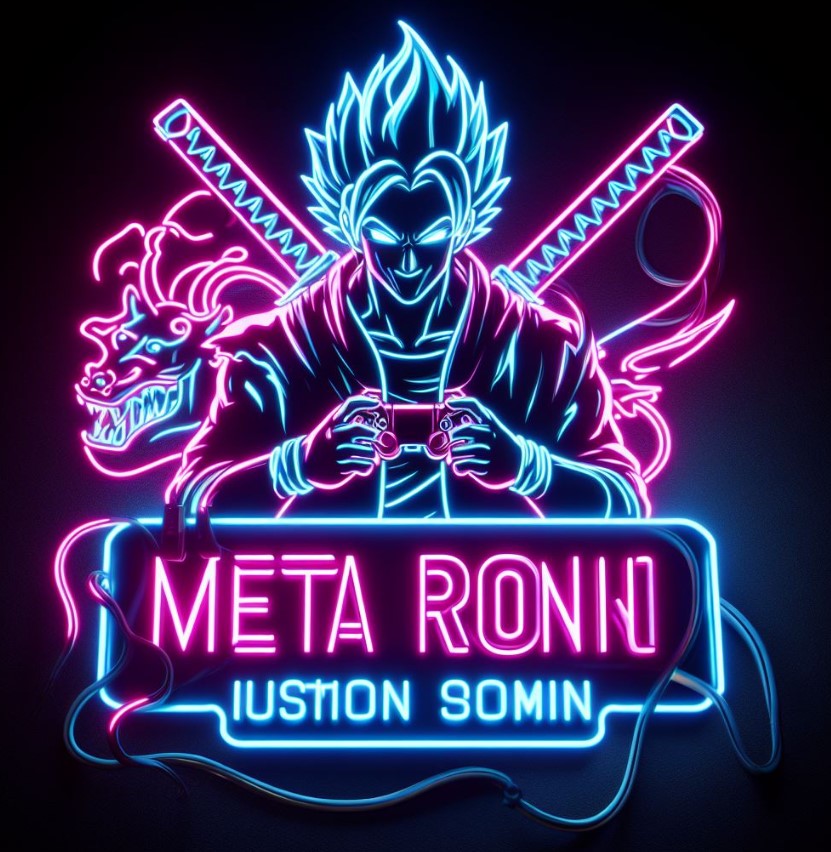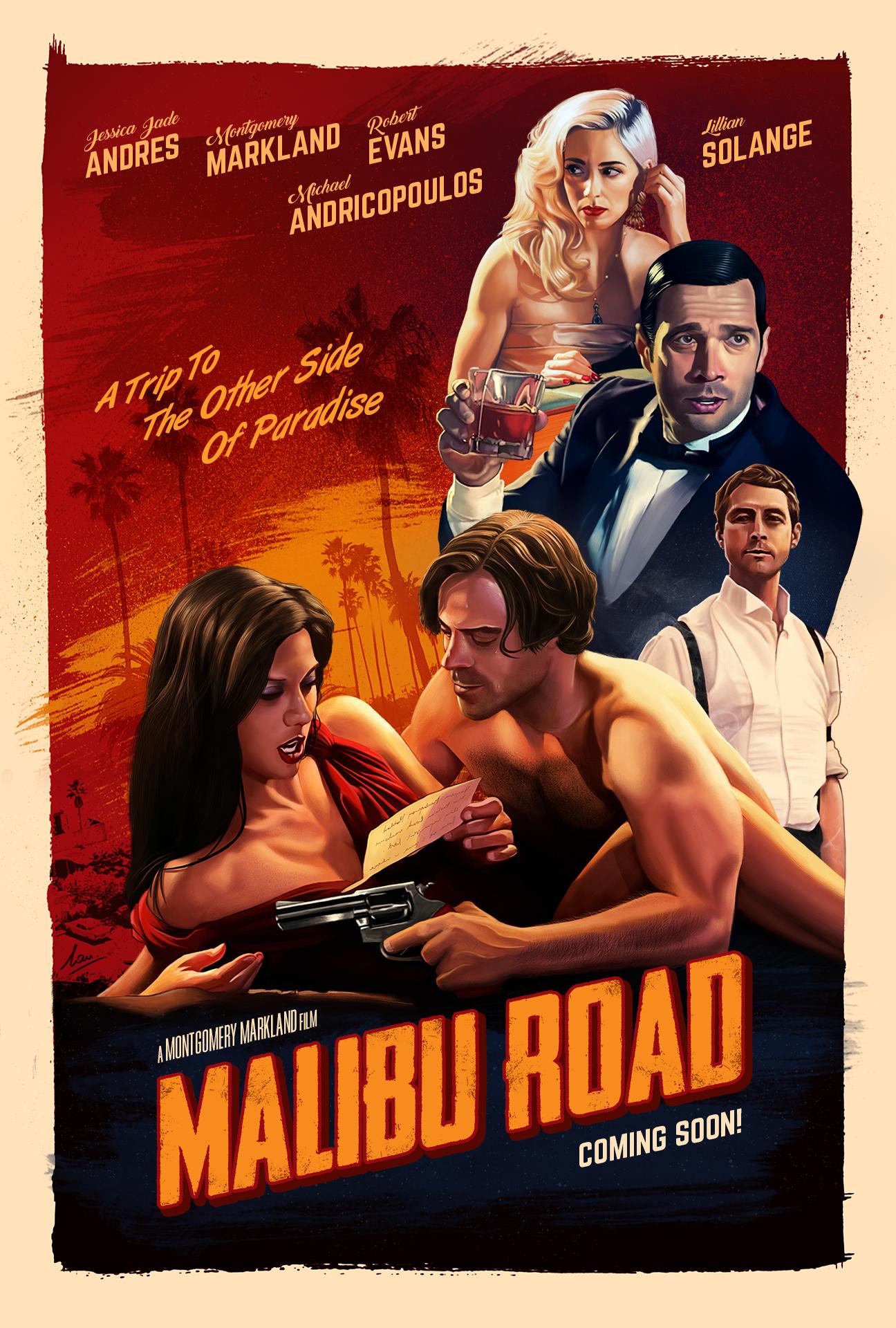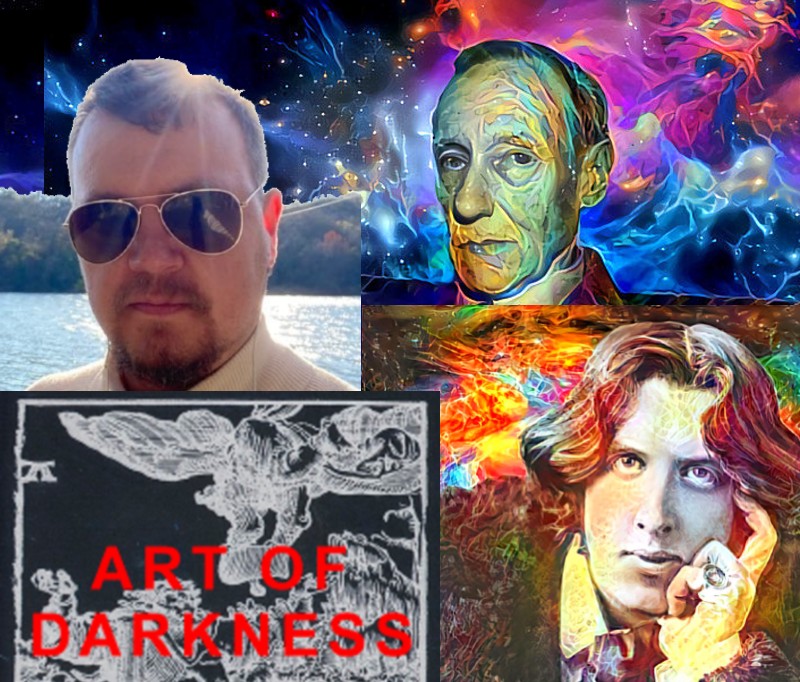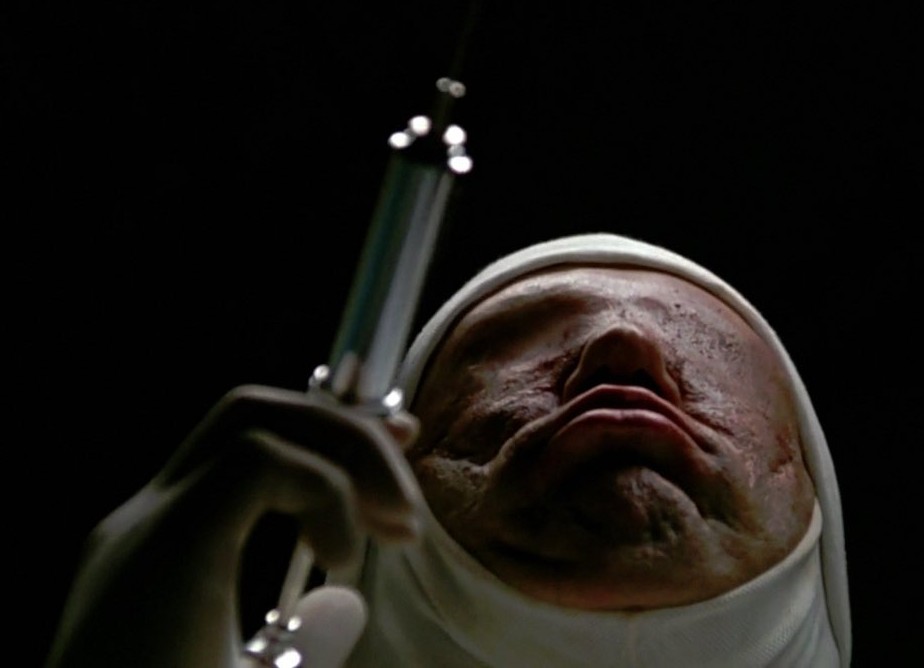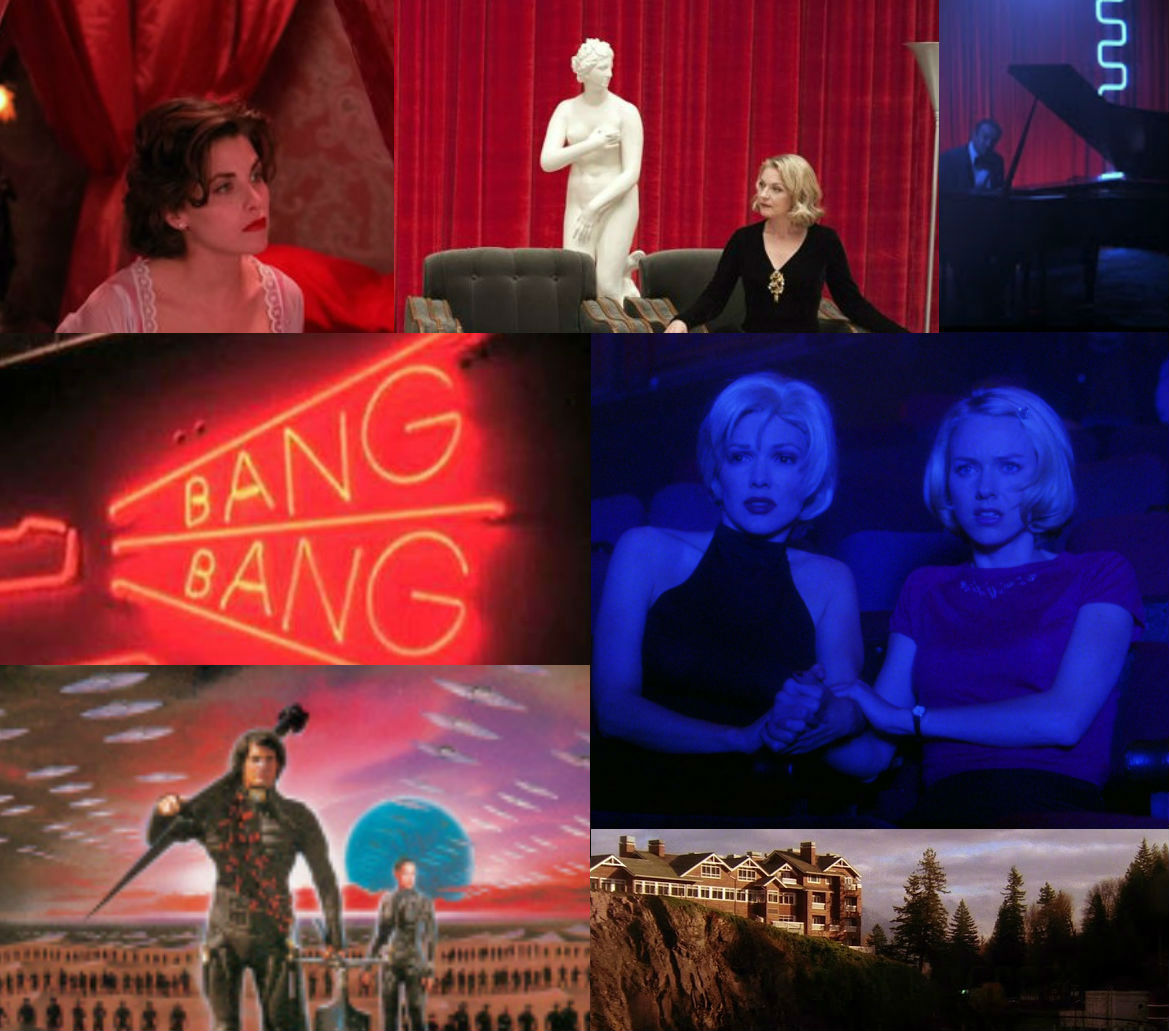Subscribe to Meta Ronin on Substack and follow him on X/Twitter.
Topics include:
-Whether the AI/tech bubble is overhyped
-Competing narratives about accelerating innovation in AI vs technological stagnation
-Robert’s initial prediction that Kamala will win and why Meta Ronin thinks Trump will win (Note: this was recorded about a month ago. Robert’s current prediction is about 55% Trump win/45% Kamala win)
-Whether Substack is turning into Twitter
-Whether AI/automation will select for people who are more charismatic Chads rather than nerds
-Mark Zuckerberg’s archetype and his recent rebrand to humanize his image
-How the view that elites are evil is a cope but has some partial truth
-Why streamlining bureaucracy into UBI makes more sense than mass wealth redistribution
-The argument that UBI could be exploited as a State mechanism of control
-Whether taxing the wealthy more is dysgenic
-The genetic traits selected for by wealth from sociopathy to beauty
–What would the Great Class Swap look like if implemented?
-The film series, Zeitgeist and Fully Automated Luxury Communism
-How the poor are used to scare the middle class into compliance
-How the high cost of living in California selects for conformity
-The pros and cons of both YIMBY and NIMBY policies in California
-How both Meta Ronin and Robert have been exposed to a wide range of class backgrounds, which is the case for artists
-Why middle class people are often boring
-Why bottom up populism rarely succeeds
-How sexuality is often transactional and commodified
-The hypothetical scenario of incels orally servicing high status women
-The intersection of mysticism and sexuality
-The debate about the ethics of letting sexual deviants carry out their fantasies with AI
-How mate selection can often have negative evolutionary outcomes
-How men and women are different spiritually
-How both AI and natural beauty can alchemize the Jungian anima
-Meta Ronin’s life in very scenic Lake Chelan, Washington
-How aesthetics are a great way to win people, especially women, over to your political cause
–Kashif Vikaas’s Meta Right/Meta Modernism project
-Terrence McKenna’s prediction that AI will become a planetary nervous system
-How feasible is it to become financially successful on Substack?
Click Here to download!
Checkout Robert Stark’s Facebook page, Twitter, Instagram, Stark Truth TV, novel Vaporfornia, and subscribe to his Substack.
